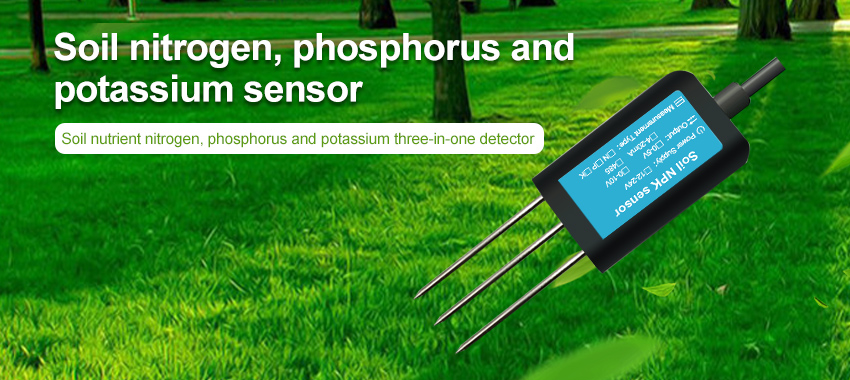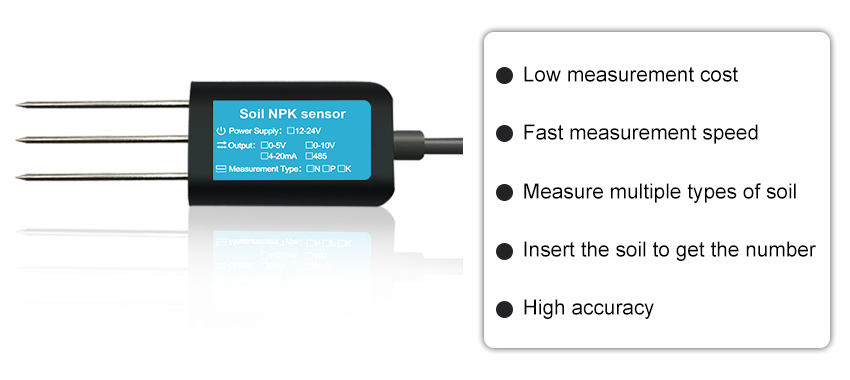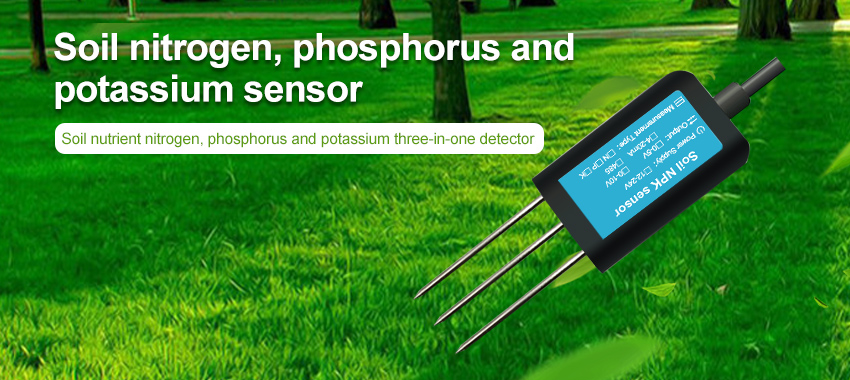In recent years, the agricultural industry has witnessed a significant transformation with the advent of intelligent farming practices. One of the key technologies driving this transformation is the utilization of soil sensors. By providing real-time data on soil conditions, these sensors have revolutionized the way farmers monitor and manage their fields. This article explores the benefits and applications of leveraging soil sensors for intelligent farming practices.
Real-Time Monitoring of Soil Parameters:
Soil sensors offer farmers the ability to monitor critical parameters such as moisture content, temperature, pH level, and nutrient levels in real-time. This continuous monitoring provides farmers with valuable insights into the health and condition of their soil. By understanding these parameters, farmers can make informed decisions regarding irrigation, fertilization, and other agronomic practices. Real-time data empowers farmers to optimize their farming practices, leading to increased productivity and improved crop quality.

Precision Irrigation:
Water scarcity is a growing concern in agriculture, making efficient water usage a top priority. Soil sensors play a crucial role in enabling precision irrigation techniques. By measuring soil moisture levels, these sensors provide accurate information about the water requirements of crops. Farmers can utilize this data to determine when and how much water to apply, avoiding over-irrigation and minimizing water wastage. Precision irrigation not only conserves water but also reduces energy consumption and lowers production costs.
Nutrient Management:
Optimal nutrient management is essential for maximizing crop yield while minimizing environmental impacts. Soil sensors help farmers achieve precise nutrient management by providing insights into nutrient levels and availability in the soil. This data enables farmers to apply the right amount and type of fertilizers based on the specific needs of their crops. By preventing over-fertilization and nutrient runoff, farmers can reduce costs, protect water resources, and maintain soil health and fertility.

Disease and Pest Control:
Detecting diseases and pests early on is crucial for effective pest control and disease management. Soil sensors can detect changes in soil conditions that may indicate the presence of pests or diseases. For instance, variations in soil moisture or nutrient levels might suggest the onset of specific plant diseases. By alerting farmers to these changes, soil sensors enable them to take timely preventive measures, such as targeted pesticide application or crop rotation, to mitigate the spread and impact of diseases and pests.
Environmental Sustainability:
Intelligent farming practices promote environmental sustainability, and soil sensors play a significant role in achieving this goal. By optimizing water and nutrient usage, farmers can reduce their environmental footprint. Precision irrigation and nutrient management practices minimize water and fertilizer runoff, reducing the risk of water contamination and eutrophication. Furthermore, soil sensors help farmers monitor soil health indicators such as organic matter content, compaction, and erosion risks. This information enables farmers to implement conservation practices, such as cover cropping and reduced tillage, preserving soil fertility and minimizing soil erosion.
Data-Driven Decision Making:
Leveraging soil sensor technology allows for data-driven decision making in farming. Soil sensor data, combined with other agronomic and environmental data, can be integrated into sophisticated analytics platforms. These platforms utilize advanced algorithms to analyze the data and provide farmers with actionable insights. Data-driven decision making supports precise planning, facilitates predictive modeling, and enhances overall farm management strategies. Farmers can optimize yield, reduce waste, and make informed choices about crop selection, soil health improvement, and resource allocation.
Conclusion:
Leveraging soil sensors for intelligent farming practices empowers farmers with real-time data and valuable insights into soil conditions. From precision irrigation and efficient nutrient management to disease control and environmental sustainability, soil sensors have become indispensable tools in modern agriculture. By making farming practices more efficient and sustainable, soil sensors contribute to increased productivity, reduced environmental impacts, and improved resource management. As technology continues to advance, the integration of soil sensors into intelligent farming practices will drive the future of agriculture, meeting global challenges in food production and sustainable development.







